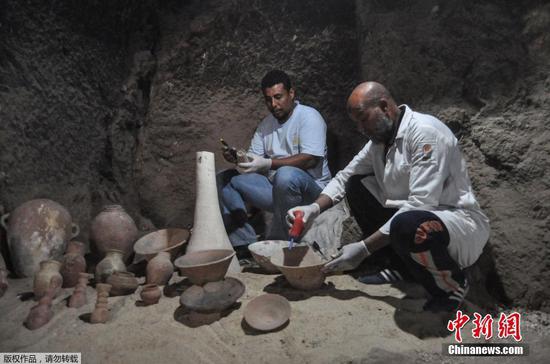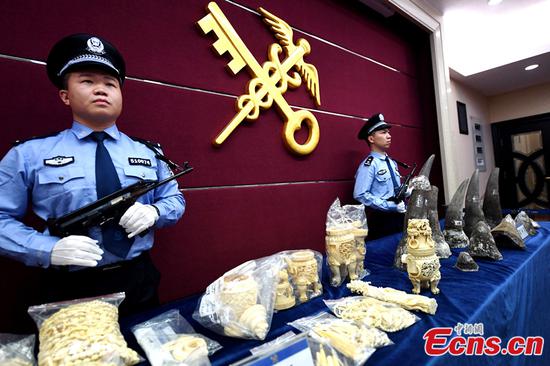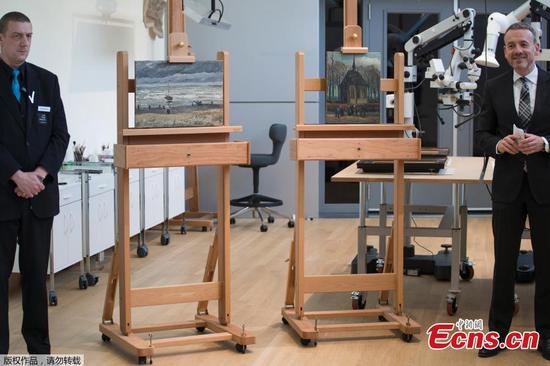Proposals would tighten oversight of bioresearch, including clinical trials
China will improve its oversight of human related scientific research and medical tests under draft laws and amendments submitted to China's top legislature for review on Saturday.
Medical and scientific research related to human genes and embryos might present risks to health or violate ethics, and they must be strictly regulated therefore, said Shen Chunyao, senior legislator of the Constitution and Law Committee of the National People's Congress.
A new item has been added to the country's draft civil law, requiring that all medical and scientific research related to human genes and embryos must follow strict rules, laws and regulations, and should not pose a threat to people's health or violate moral or ethical codes.
The drafts were presented by the NPC's law committee to the National People's Congress Standing Committee during a bimonthly session that began on Saturday. In August, the Standing Committee began a preliminary review of all six parts and 1,034 items of the civil code.
Another health related item added to the code addressed human testing for new drugs or treatments. It provides that all activities involving human testing must protect the subject's health.
These activities include developing new drugs, medical equipment and prevention and treatment methods. They now require approval from an ethics committee, as well as by competent authorities.
The draft amendment to the Drug Administration Law said the nation should encourage the development of new drugs, according to Cong Bin, a forensic expert and a senior legislator on the law committee.
Since clinical trials are a key part of development, a new rule has been added stating that such tests should also follow ethical principles. It also clarified the responsibilities of the ethics review board.
Researchers should also explain the risks of an experiment to test participants and obtain their consent before proceeding.
The draft laws are the latest by Chinese authorities to encourage responsible research practices and increase the effectiveness of the nation's oversight in scientific research, especially those related to humans.
Experts said the regulations have been long-awaited in the scientific community, and they are curious to see future details and its effects on their research.
Huang Yu, deputy director of the medical genetics department at Peking University, said it used to be difficult to hold violators of research ethics accountable because of a lack of clear legal rules.
"China has worked on similar regulations in the past, but the key is in the fine details and the severity of the punishment," he said. "Defining the rules and operational mechanisms for the ethics review board is also a very important and specific task."
In November, He Jiankui, associate professor at Shenzhen-based Southern University of Science and Technology, sparked global outrage by claiming to have created the world's first genetically edited babies.
He also tried to evade supervision by forging ethics inspection papers from a hospital in Shenzhen, Guangdong province, according to preliminary results of an investigation published by local authorities in January.
Since the incident, China tightened rules related to gene editing technologies and urged scientists and research institutions to enhance ethics oversight.
In late January, the Ministry of Science and Technology and Ministry of Finance issued a joint document urging the nation's scientists and institutions to strengthen ethics and establish regulatory committees to ensure that ethical practices are followed in research.
The National Natural Science Foundation of China, the country's main financial contributor to basic scientific research, issued new rules in December calling on sponsored institutes and projects to optimize their supervision to prevent both ethic and security risks in fields such as information technology and biotechnology.
The foundation said it will withdraw its support for three to five years from anyone who have seriously violated its rules or failed to carry out their duties in accordance with laws and regulations.


















































